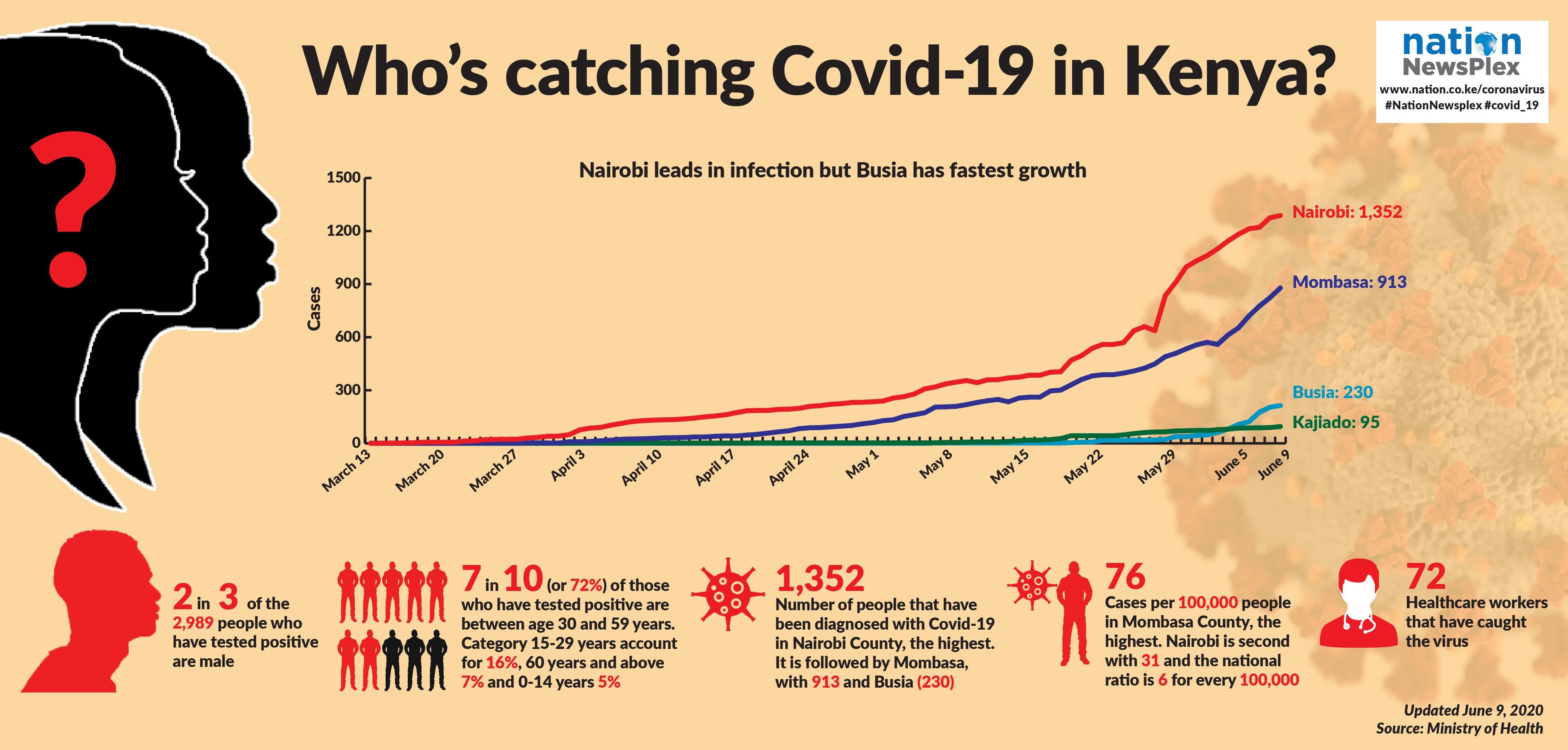Families demand answers as police killings shoot up in Mombasa
Each morning Kitsao Hassan visits Kongowea market in Mombasa to buy mitumba (second-hand clothes) for resale, the face of his friend lingers in his mind.
Memories of his friend and business partner, Juma Kitsao, with whom he sold mitumba (in Utange, Kisauni sub-county) have refused to go away. “Sometimes I accidentally call out his name when I am looking for the best clothes to sell to our customers only to remember later that he is no more,” says Mr Hassan.
As days go by, Mr Hassan has been forced to look for other people with whom he can partner to make a living.
However, things have never been the same. “There are many customers that we got through Juma, and it has been hard to find them since he was killed,” he adds.
On September 6 at around 7.30pm, Juma, 18, was shot dead by police officers alongside two others – Bilali Masoud, 17, and Kenga Ramadhan, 19.
Police confirmed that they recovered a bag of clothes Kitsao was carrying when he was gunned down.
Juma Kitsao | FILE
According to a post-mortem report obtained by the Nation, he was shot at close range and his skull was damaged.
A visit to the Nation newsroom in Mombasa by his mother Ms Sadaka Kitsao prompted her to recall memories of her last-born child, who was the family’s breadwinner.
Tears flowed freely as she reluctantly collected herself for the interview.
“I am in pain. Pain that those people (police) inflicted in my heart will not fade away anytime soon. It is only God who will pay them for the agony that they have taken me through by killing my son,” said Ms Kitsao.
The dose of pain inflicted on the family and friends of Juma and Abubakar is the same one more than 20 families on the Coast have to live with after their relatives were killed by police officers, who later termed them suspected criminals.
According to statistics shared by Haki Africa, about 33 people were killed by the police on the Coast in the first nine months of this year, with Mombasa being the leading county.
Nation Newsplex ’s Deadly Force database has independently compiled 34 killings over the same period in Mombasa County, which translates to a prevalence rate of 2.7 cases in every 100,000 people – the highest nationally.
Over a period of 45 months the Deadly Force database compiled cases from media stories that quote police crime reports, Independent Policing Oversight Authority (IPOA) reports and reference records from human rights organisations. The NGOs have accused the police of using excessive force in dispersing protests and in poor communities.
In many cases, families and friends of victims blamed the police for killing innocent people only to label them as dangerous criminals.
Police have, time and again, defended themselves, saying those killed were criminals who had been causing havoc among residents. Mombasa Police Commander Johnston Ipara has been at the forefront defending the police over the killings, saying their actions were justified.
To date, no police officer has been arrested or prosecuted over the killings that have taken place this year. This has left a section of the residents in fear.




